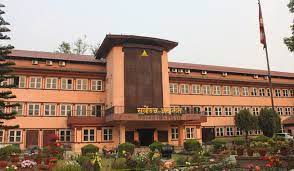
Nov 12, 2021 | News
The independence and integrity of the judiciary in Nepal is being jeopardized by the crisis at its Supreme Court, the ICJ, Human Rights Watch and Amnesty International (AI) said today . To uphold human rights and the rule of law, it is essential to resolve the crisis in a way that maintains, and enhances, the court’s credibility and independence.
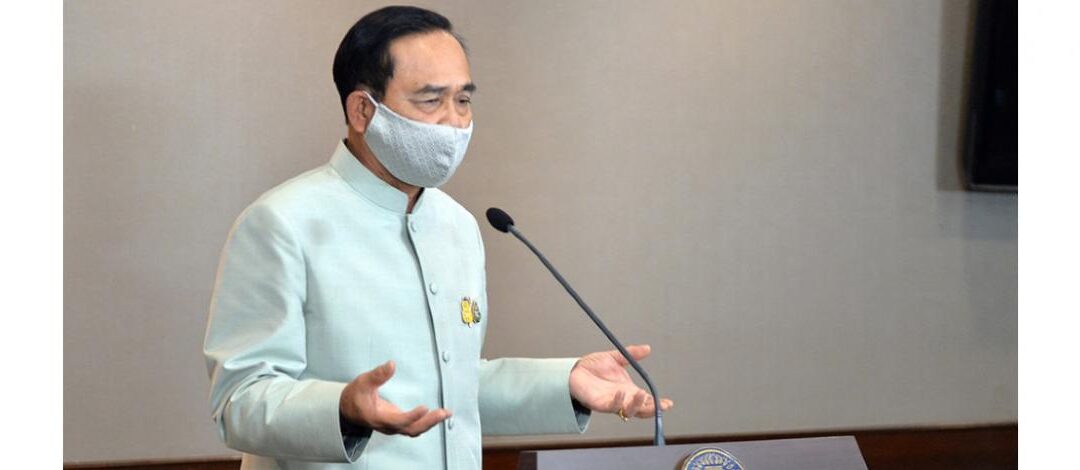
Nov 12, 2021 | News
ICJ and 9 other human rights organizations wrote an open-letter to Prime Minister of Thailand Prayut Chan-o-cha, requesting his government to publish information on the draft amendments to the 2015 Communicable Diseases Act recently approved
by the Cabinet and ensure the amendments align with international human rights law.
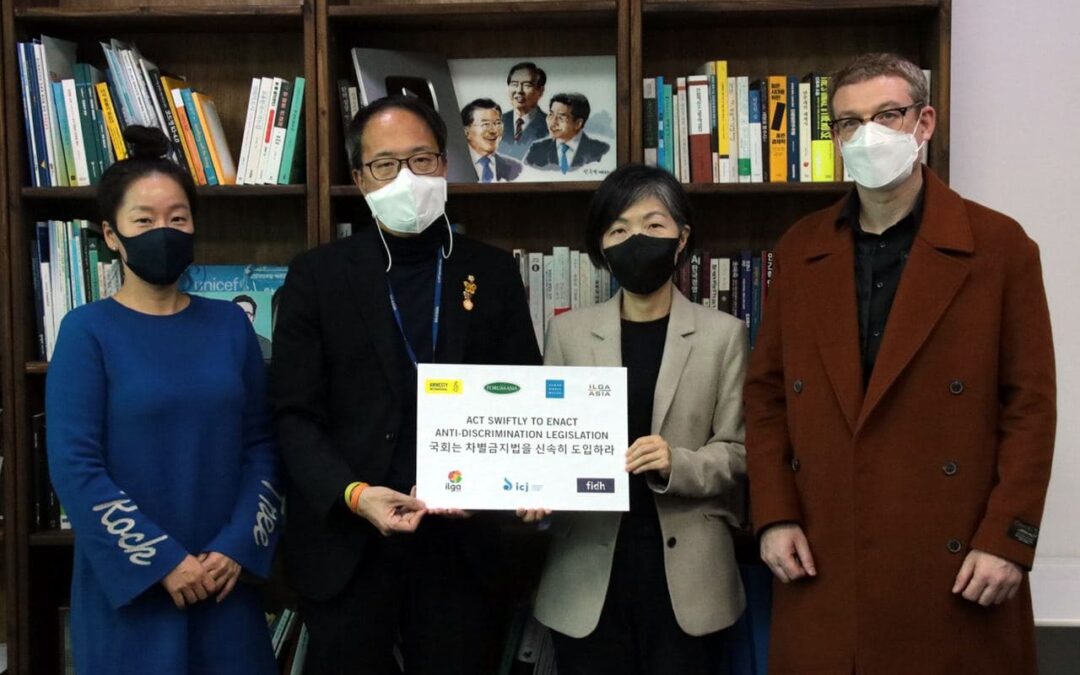
Nov 11, 2021 | News
Four separate bills on anti-discrimination have been filed since June 2020 at the National Assembly of South Korea. However, these bills remain pending for discussion at the Legislation and Judiciary Committee. ICJ and other undersigned human rights organizations, call on the National Assembly to immediately move forward with discussions on these bills and pass a comprehensive, meaningful and enforceable Anti-Discrimination Act without further delay.
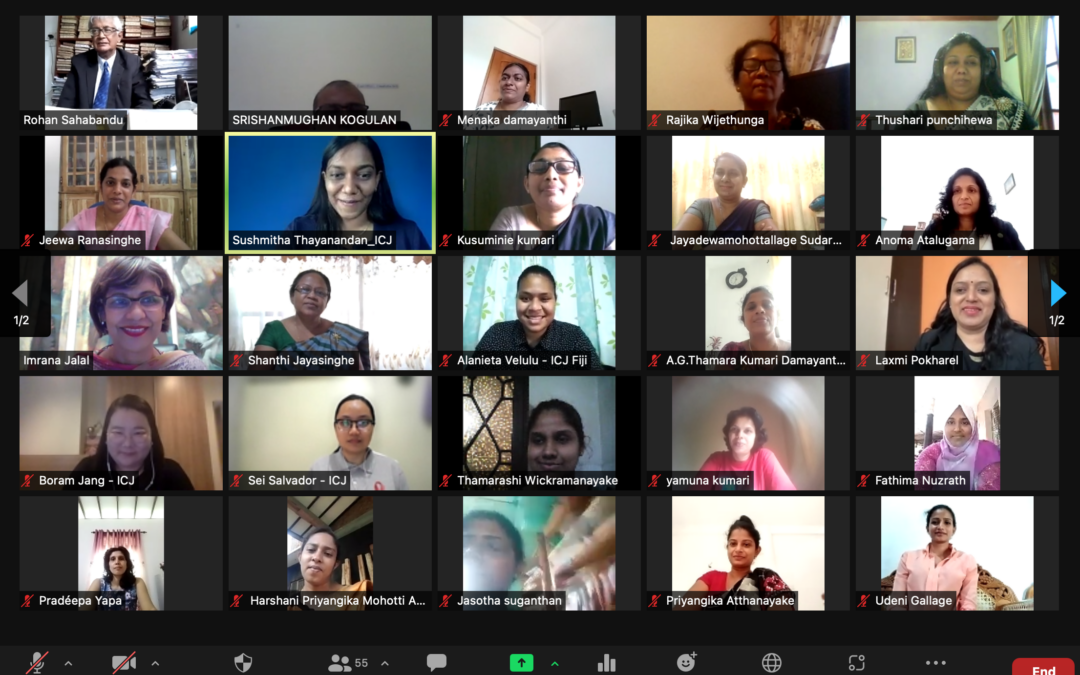
Nov 1, 2021 | News
The Sri Lankan judiciary must overcome gender stereotypes to improve women’s access to justice in the country, said participants at a workshop organized by the ICJ and the Legal Aid Commission of Sri Lanka on 30 and 31 of October.
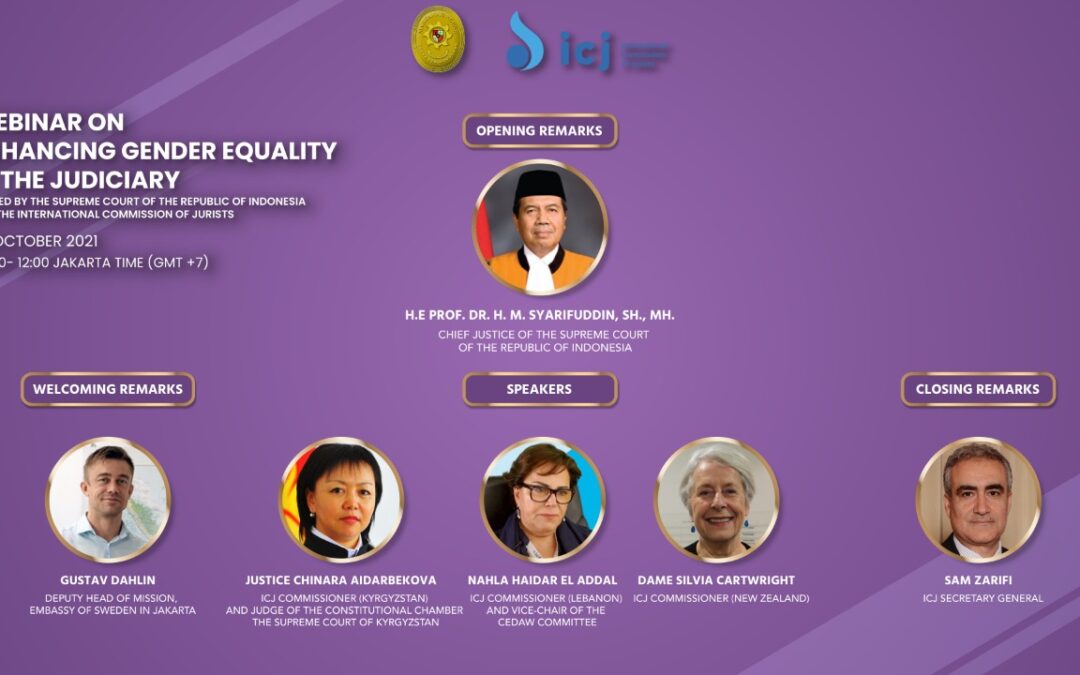
Oct 28, 2021 | News
The ICJ held a webinar on 25 October 2021 which gathered ICJ Commissioners and Indonesian judges to discuss progress and challenges in the advancement of women’s access to justice in compliance with international human rights law.









